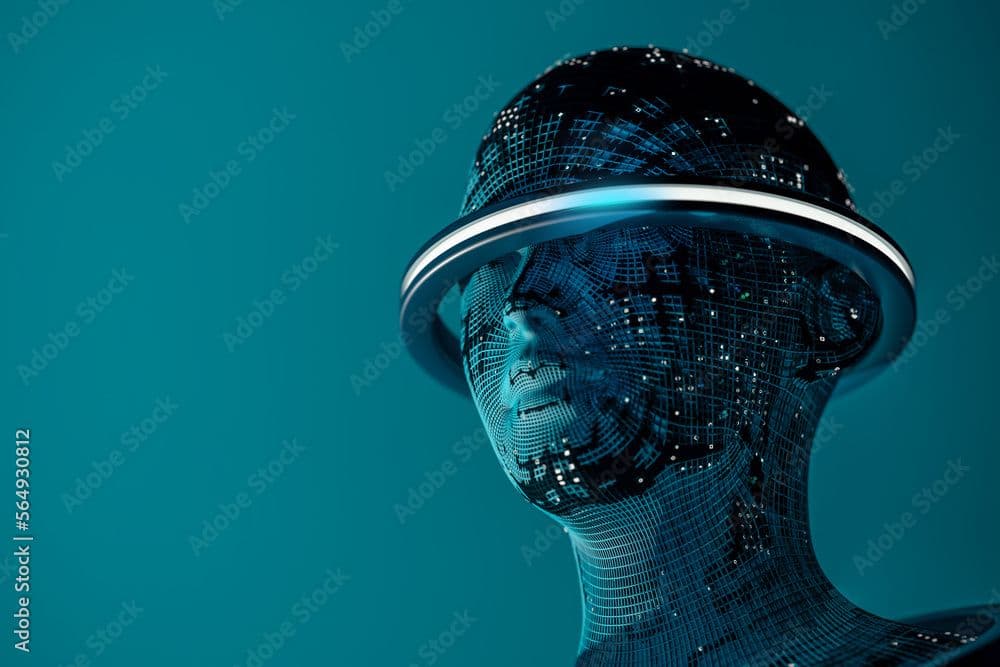The Role of AI in Healthcare

The Role of AI in Healthcare: Revolutionizing Medicine
Artificial Intelligence (AI) is rapidly transforming healthcare, offering new solutions to longstanding challenges in the medical field. From early diagnosis to personalized treatment plans, AI has the potential to revolutionize medicine, improving patient outcomes and enhancing the efficiency of healthcare systems. By leveraging vast amounts of medical data and advanced algorithms, AI systems can identify patterns, predict health risks, and assist healthcare professionals in making informed decisions. AI is not only streamlining administrative tasks, such as patient record management and appointment scheduling, but is also making significant strides in more complex areas like diagnostics, treatment recommendations, and drug discovery. As AI continues to evolve, its integration into healthcare promises to bring about groundbreaking changes that will shape the future of medicine.
One of the most significant applications of AI in healthcare is in diagnostic accuracy. AI algorithms can analyze medical images, such as X-rays, MRIs, and CT scans, with remarkable precision, often outperforming human radiologists in detecting certain conditions. For instance, AI-powered systems can detect early signs of diseases like cancer, heart disease, and neurological disorders, allowing for earlier intervention and improved outcomes. In addition to medical imaging, AI is also used in genetic analysis, where it can identify genetic markers linked to inherited conditions, enabling personalized medicine approaches. The ability to analyze large datasets quickly and accurately allows AI to assist doctors in diagnosing conditions that may be missed through traditional methods, enhancing the overall quality of care.
Another area where AI is making an impact is in personalized medicine. AI systems can process vast amounts of patient data, including medical history, genetic information, and lifestyle factors, to create tailored treatment plans that are specifically designed for individual patients. This personalized approach is especially beneficial in fields like oncology, where AI can help identify the most effective treatments based on a patient’s unique genetic profile. Additionally, AI can assist in predicting patient responses to certain medications, reducing the trial-and-error process that often accompanies drug prescriptions. As AI continues to improve, the potential for more precise and effective treatments grows, offering patients the best possible care based on their specific needs.
Beyond diagnostics and treatment planning, AI is also playing a pivotal role in drug discovery. The traditional process of developing new drugs is time-consuming, expensive, and fraught with challenges. AI has the ability to accelerate this process by analyzing large datasets to identify potential drug candidates more efficiently. Machine learning algorithms can predict how different compounds will interact with specific diseases, speeding up the identification of promising treatments. In some cases, AI has already been used to design new drugs, including those for diseases like COVID-19. By reducing the time and cost associated with drug development, AI is paving the way for more rapid breakthroughs in medicine, potentially saving lives and improving global health outcomes.
In conclusion, AI is revolutionizing healthcare by improving diagnostics, personalizing treatment plans, and accelerating drug discovery. Its ability to analyze large volumes of data and identify patterns has the potential to enhance the accuracy of medical decisions and lead to more effective treatments. As AI technologies continue to evolve, the future of medicine looks promising, with the potential for improved patient outcomes, more efficient healthcare systems, and groundbreaking advances in medical research. While challenges related to data privacy, ethics, and implementation remain, the role of AI in healthcare is undeniably transformative, offering new possibilities for the future of medicine.
,